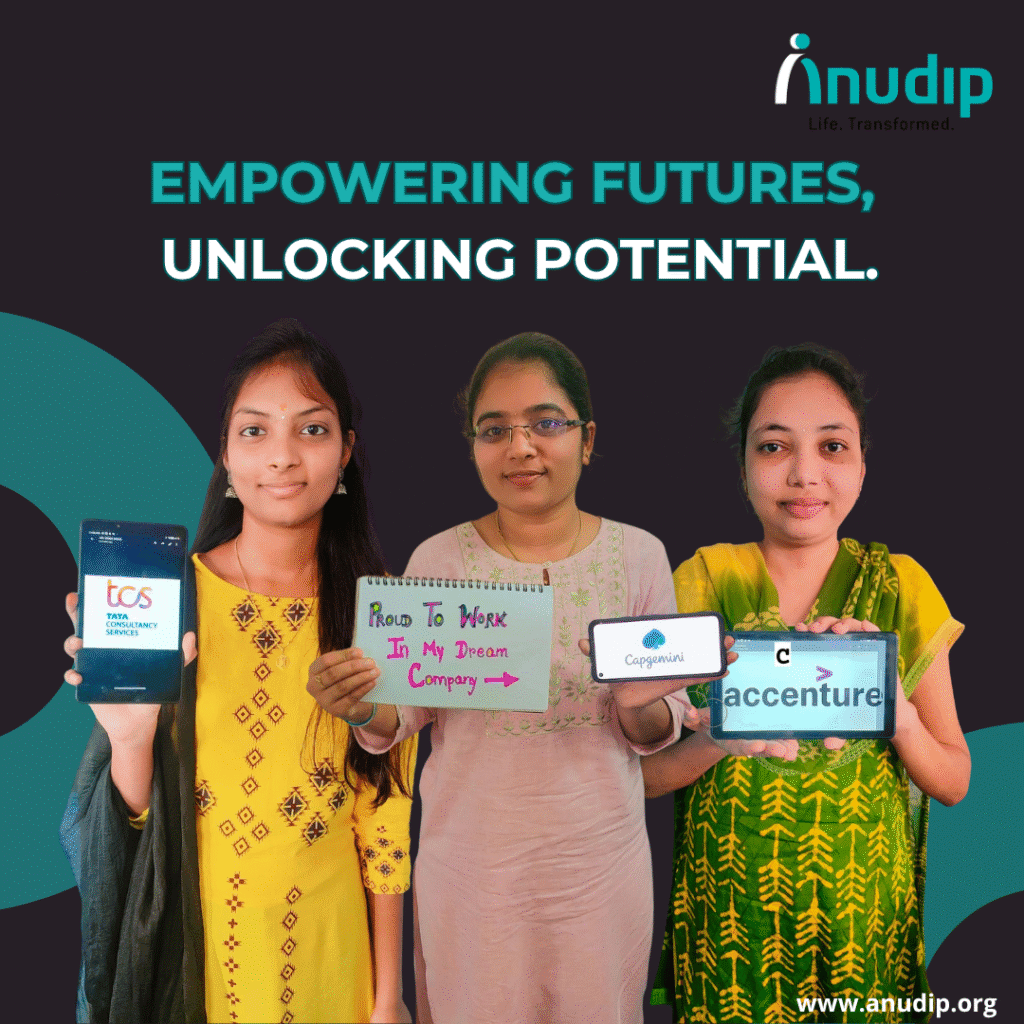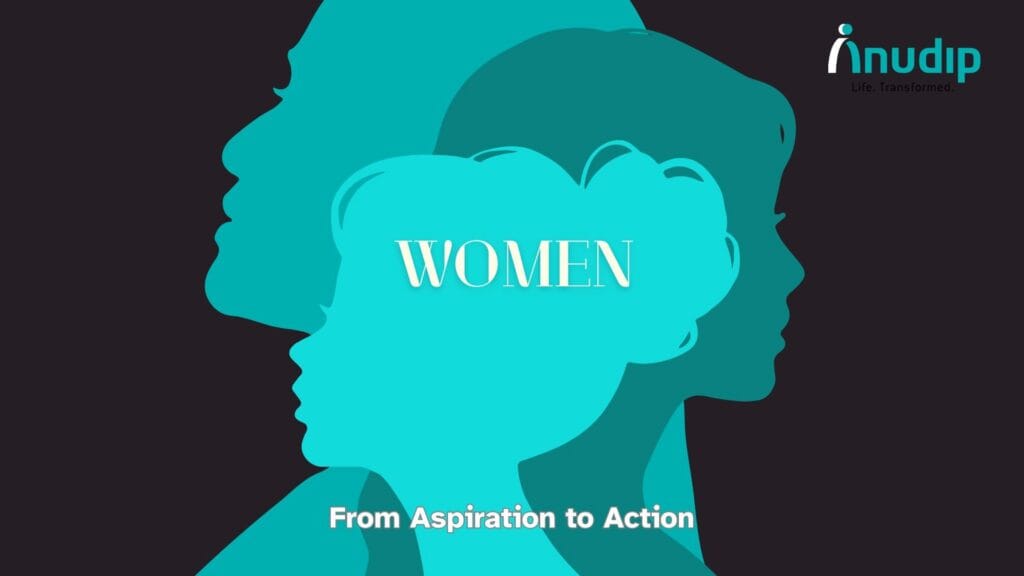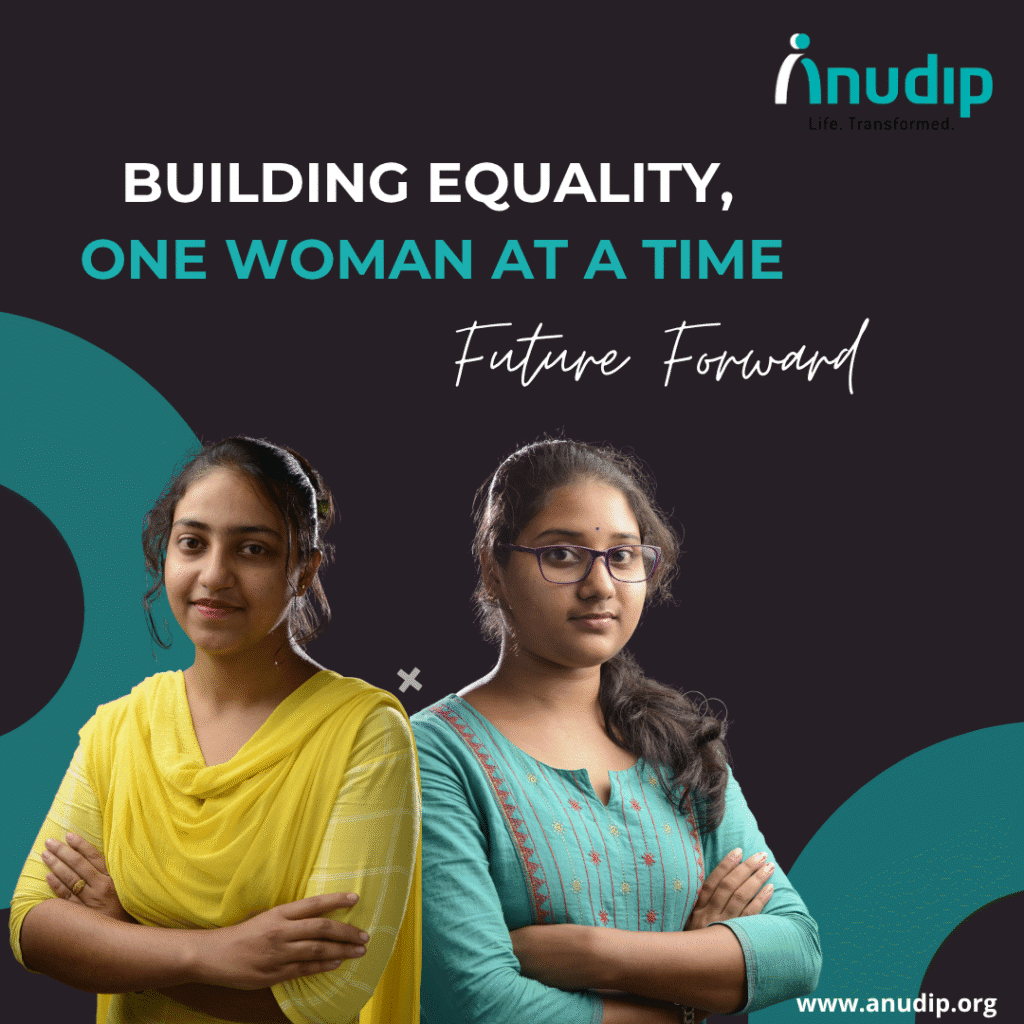– By Sriparna Raha
Why are NGOs for women important in India?
India has come a long way, yet deep-rooted inequalities still hold many women back. To close this gap, the effort of an NGO for Women is very important. These groups are not just running projects; they are bringing real social and economic change. They also motivate communities to rethink the roles of women’s leadership, innovation, and contribution to every field.
This article looks at the key roles such NGOs play from giving basic safety to building financial strength—and how they use smart ideas to create a more equal future. Through their work, many women benefit by not only gaining skills, but also confidence, enabling them to disrupt societal norms and engage in their own choices.
How do NGOs support women’s rights and welfare in India?
An NGO for Women is a dedicated group that focuses on issues that affect girls and women across India. Their work usually falls under three main areas:
- Justice and Safety:
Many NGOs give quick help to women facing violence or trouble. They run shelter homes, provide legal help, and offer counseling to survivors of domestic or sexual abuse. These groups act as a safety net when government systems are too slow or hard to approach. - Health and Education:
They also work to keep girls in school and make sure women get proper healthcare. This includes running digital learning programs, giving sanitary products, and spreading awareness about women’s health. Their main goal is to empower women through education. Through the provision of life skills together with conventional education, these non-governmental organizations assure that women can balance household duties with job responsibilities. They also run workshops on nutrition, hygiene, and mental well-being, helping women make healthier and informed choices about their lives. - Economic Empowerment:
Most of all, an NGO for Women helps women earn their own money. For example, they form Self-Help Groups (SHGs), teach useful skills like stitching or computer repair, and connect women entrepreneurs with markets and small loans. This financial freedom becomes the strongest base for lasting empowerment. NGOs frequently seek resources for staff training, research, and community events for outreach and understanding local needs, as well as creating solutions that address local needs. When that support isn’t available, many viable initiatives won’t happen.
What role do NGOs play in challenging traditional gender norms in rural India?
The real strength of an NGO for Women is in its ability to work at the local level and challenge customs that harm women.
- Changing Community Mindsets:
These organizations don’t work only with women—they also involve men, community heads, and village councils (Panchayats). For example, they hold awareness events against child marriage or dowry, helping families understand that equality benefits everyone. - Building Leadership:
An NGO for Women also helps women become community leaders. Many women who once feared stepping outside now lead meetings, take part in local elections, and claim their legal rights to land and property. This kind of change lasts because it starts from within the community. - Using Technology for Reach:
Many forward-thinking NGOs use mobile apps and digital tools to reach women in remote areas. They share training videos, health information, and market prices directly on women’s phones. This use of technology removes the barriers of distance and illiteracy.

What challenges do NGOs face in funding and operations?
While NGOs for Women do amazing work, they face several challenges that stop them from growing faster.
- Funding for Hidden Costs:
Most donors like to fund visible items like sewing machines or classrooms. But the main work of an NGO for Women, such as counseling, awareness drives, and building community support, is hard to see and even harder to fund. Because of this, many struggle to pay for skilled staff or long-term programs.Moreover, the necessity for continuing education, program assessment, and outreach programs is often not funded, leaving the NGOs unable to grow their outreach or respond to changing community needs. - Safety and Risk:
Groups that stand up against powerful systems especially those fighting domestic violence or caste injustice often face threats. They have to spend extra money on staff safety and staying anonymous, which is hard with limited budgets. Such security concerns can also restrict the ability of NGOs to access certain communities or geographic areas, where the need is the highest, creating gaps in service delivery. - Tracking Empowerment:
Unlike counting vaccinations or school attendance, tracking women’s empowerment is not easy. It takes long, expensive studies to see changes like growing confidence or better decision-making at home. This makes it hard for NGOs to give quick, simple reports to donors.
Which are some of the top NGOs for women’s empowerment in India?
- SEWA (Self-Employed Women’s Association) – empowering self-employed women through fair wages, cooperative businesses, and skill training.
- Snehalaya – supporting women and children affected by poverty and exploitation with shelter, education, and healthcare.
- Breakthrough India – using media and community programs to challenge gender-based violence and promote equality.
- Azad Foundation – training women from underprivileged backgrounds to become professional drivers, ensuring financial independence and dignity.
These NGOs are proving that when women rise, communities thrive.
What are the best ways for businesses and individuals to work with an NGO for Women?
People who want to make a real difference should build long-term and meaningful partnerships with an NGO for Women.
- Offer Flexible Funding:
Instead of donating only for one project, give funds that can support daily operations like staff training, technology upgrades, and rent. This steady support helps NGOs stay strong even between projects. - Share Professional Skills:
Businesses can give more than money. For example, a tech company can help build an online fundraising system, while a law firm can offer free legal advice. Sharing knowledge is often more powerful than donating money. - Support Women Leaders:
Look for NGOs led by women from the same communities they serve. This ensures that their work truly fits local needs and that solutions come from people who understand the problems best. Supporting such leaders creates a long-term and meaningful impact.

Why should investing in women’s empowerment be a priority?
The work of an NGO for Women is a true investment in India’s progress. They are the key builders of a fair society, working hard to make policy a reality for millions. Giving financial, legal, or technical support is one of the best ways to speed up India’s journey toward real gender equality. Though they are helping women be successful, they are also helping families, communities, and the nation overall. Each of these programs, workshops, and initiatives creates a ripple effect, in which empowered women go on to mentor and uplift more women. This continued impact creates the long-term outcome where gender equality is not just a goal, but a sustainable and real possibility for future generations.

